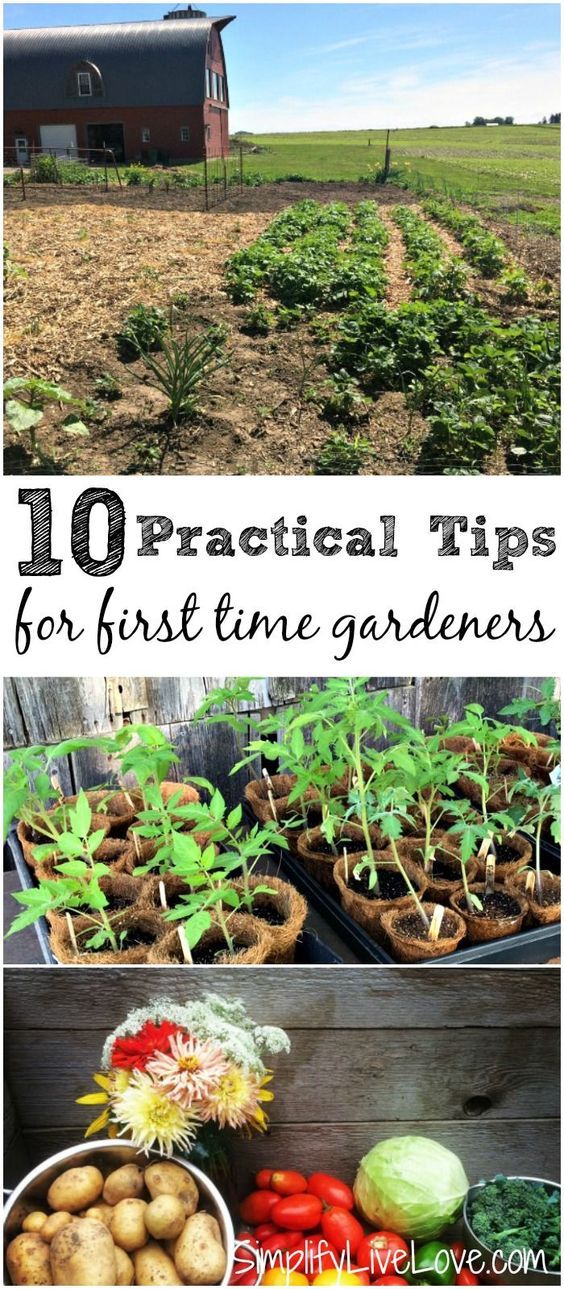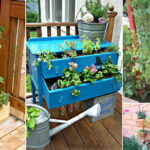Backyard gardening has emerged as a multifaceted endeavor that provides an array of rewards, transcending mere aesthetics or utility. It is an engaging endeavor that invites individuals into a world of nurturing, creativity, and self-sufficiency. As societies increasingly navigate the complexities of modern living, the return to nature through gardening not only fosters psychological well-being but also cultivates a sense of community and ecological responsibility. This article aims to delve into the myriad benefits of backyard gardening, encompassing physical, psychological, and communal aspects, all while inviting readers to consider their own potential involvement.
Within the expanse of one’s backyard, the potential for growth—both botanical and personal—comes alive. This holistic connection to nature nurtures a sense of belonging and accomplishment, enhancing the quality of daily life.
The physiological benefits of engaging with nature are surmounting. Studies indicate that physical interaction with soil can significantly reduce stress levels. Gardening encourages physical activity, from digging and planting to weeding and harvesting. This multifarious activity plays a crucial role in promoting cardiovascular health, enhancing strength, and improving flexibility. Moreover, the act of nurturing plants serves as a natural mood booster, releasing endorphins and providing a compelling antidote to the malaise of sedentary lifestyles.
What makes the physicality of gardening particularly compelling is the tactile experience it offers. Manipulating the soil, feeling the varying textures of different plants, and observing their growth can lead to an almost meditative state. Each phase—whether it is sowing the seeds, watching supple buds transform into bountiful produce, or the sheer joy of harvest—renders a palpable sense of achievement that reaffirms one’s capability and resilience.
Yet, the physical rewards of gardening are just the tip of the iceberg. The psychological uplift derived from cultivating a garden cannot be overstated. Research has shown that individuals who engage routinely in gardening experience heightened mental clarity and reduced anxiety levels. This calming influence can be particularly profound in an era marked by perpetual connectivity and information overload.
The process of nurturing plants compels gardeners to immerse themselves in the present moment—a practice that aligns closely with principles of mindfulness. This engagement with nature chains us to the rhythms of the universe, teaching patience while highlighting the cyclical nature of life itself. Seasonal changes, life cycles, and the unwavering tenacity of nature serve as powerful reminders of resilience, teaching us to value persistence amidst inevitable challenges.
Perhaps more intriguingly, backyard gardening fosters creativity. The diverse palette that a garden presents—be it through the selection of plant species, the color combinations, or the arrangement of space—allows for the expression of personal identity and aesthetic inclination. Each decision, each seed planted, reflects a narrative, an echo of one’s values ranging from sustainability to culinary preferences.
In an age besieged by consumerism, crafting a garden invites a critical dialogue about self-sufficiency. The ever-growing calls for organic produce and sustainability have shed light on the environmental perks of home gardening. With the specter of climate change looming large, growing one’s food represents a radical act of stewardship. It not only mitigates reliance on resource-heavy agricultural systems but also diminishes carbon footprints associated with transportation and packaging of produce. Moreover, the higher nutrient content and freshness of homegrown food stand in stark contrast to the often-days-old offerings of supermarkets, thereby enhancing health and culinary experiences.
Equally important is the connection that gardening forges with the community. Sharing the fruits of one’s labor can engender relationships that transcend individual plots, prompting interactions amongst neighbors and forging social networks rooted in mutual support of urban agriculture. Organizing communal gardening initiatives can galvanize communities, transforming empty plots into vibrant spaces of interaction, learning, and sharing. Such grassroots collaboration not only fosters a sense of purpose but contributes to improved food security and local economies, particularly in food deserts where access to fresh produce is limited.
Moreover, backyard gardening provides a platform for education—both for adults and children. It presents an opportunity for intergenerational learning, where the profound lessons of biodiversity, ecology, and sustainable practices can be imparted in engaging and pragmatic ways. Children who participate in gardening are more inclined to appreciate the majestic, interconnected web of life, fostering an innate respect for the environment that can carry into adulthood.
This hands-on approach to education reaffirms that learning is not confined within the four walls of a classroom. Gardening cultivates critical thinking, as participants must assess conditions, adapt to challenges, and strategize their cultivation methods. Each success and failure at once informs their agricultural journey while bolstering essential life skills.
For many, venturing into backyard gardening may appear daunting. The sheer volume of information regarding techniques, seasonal plants, and pest management can be overwhelming. However, it is precisely this challenge that adds a layer of excitement and engagement to the endeavor. Newcomers are encouraged to experiment, to embrace the notion of trial and error as a natural progression. Whether cultivating herbs on a balcony or planting rows of vegetables in a spacious backyard, the journey is uniquely reflective of the individual’s inclinations and preferences.
For those seeking a more serious commitment, integrating permaculture principles into gardening practices could transform the experience. Emphasizing resilience and ecosystem integration, permaculture encourages a symbiotic relationship between gardening and the broader environment. By designing gardens that work with natural systems, gardeners can create self-sustaining ecosystems that empower them to not only grow their own food but also contribute positively to surrounding landscapes.
In essence, backyard gardening stands as a microcosm of larger societal themes. It underscores the significance of self-sufficiency in a world increasingly characterized by consumption and dependence. By partaking in gardening, individuals are not merely tending to plants; they are nurturing their physical and mental health while forging connections with their communities and natural habitats.
Ultimately, backyard gardening beckons individuals to reimagine their relationship with food, health, and the environment. It fosters creativity, encourages mindfulness, and instills a sense of achievement, making it a pursuit worthy of exploration. So, the challenge remains—what’s stopping you from embarking on this journey? The soil is waiting, and the seeds of change are poised at your fingertips. Embrace the playful challenge and allow your backyard to transform into a sanctuary of growth.









Leave a Comment